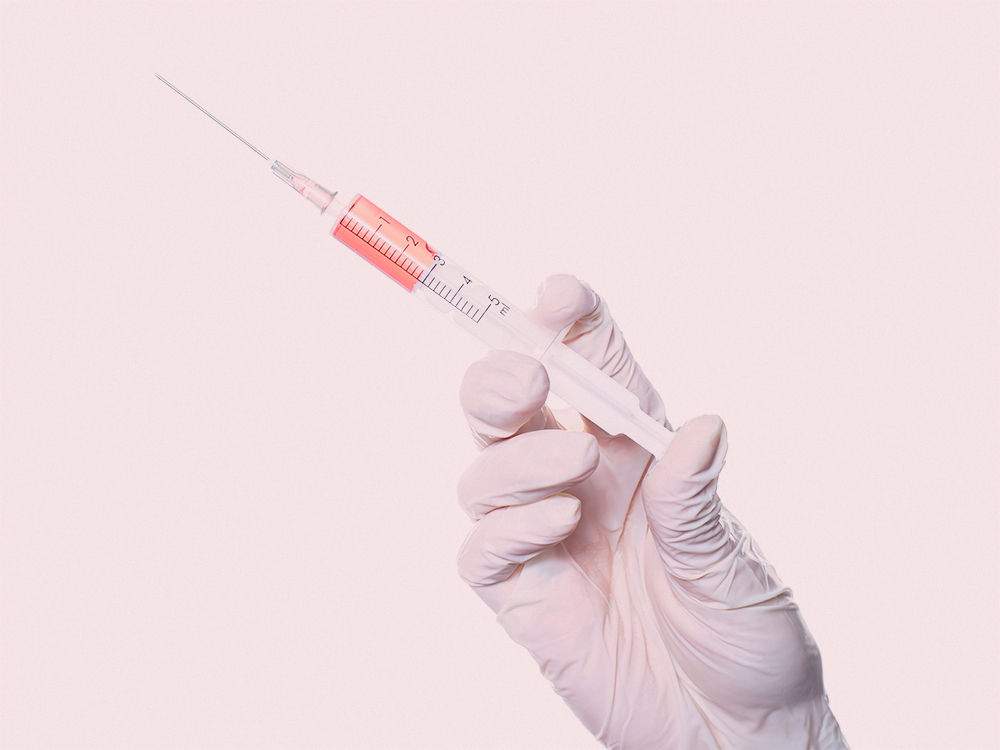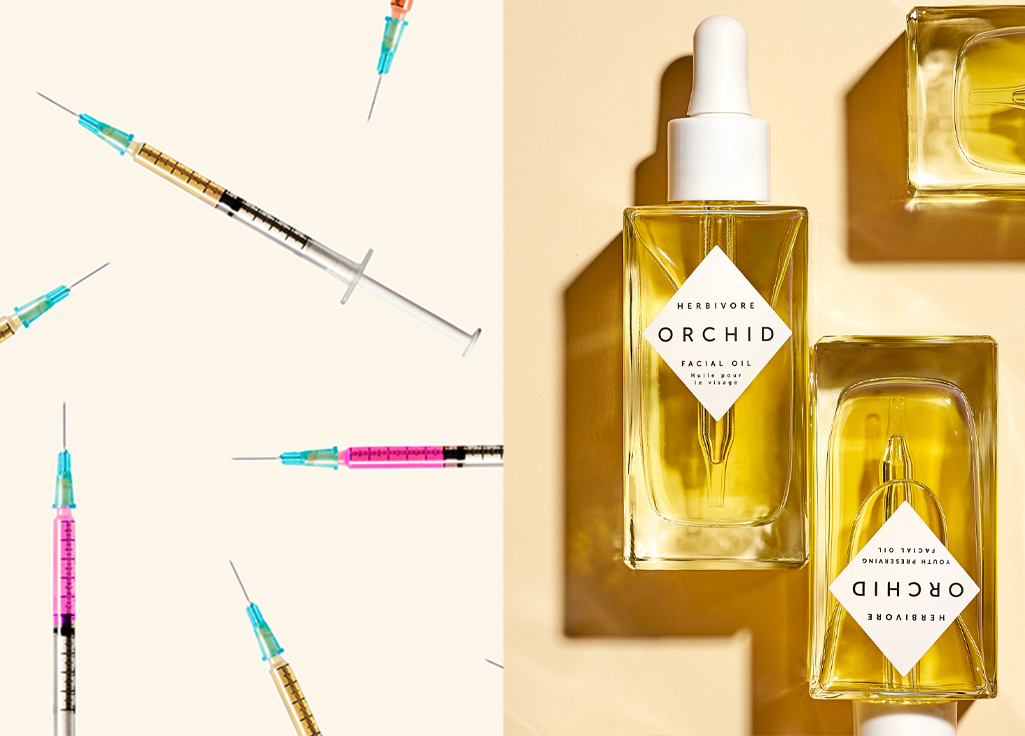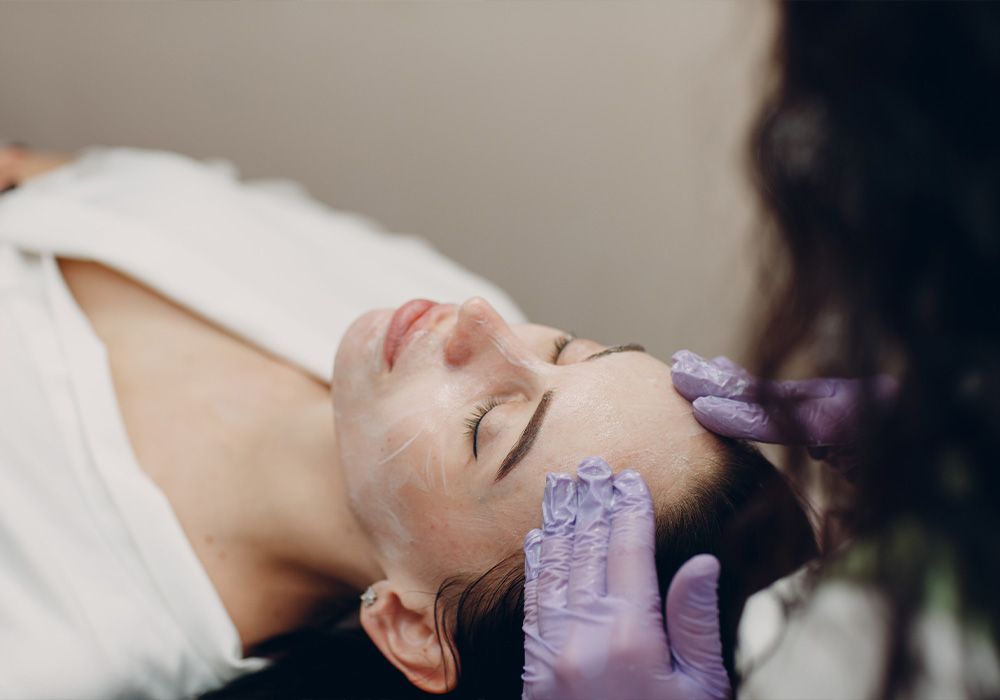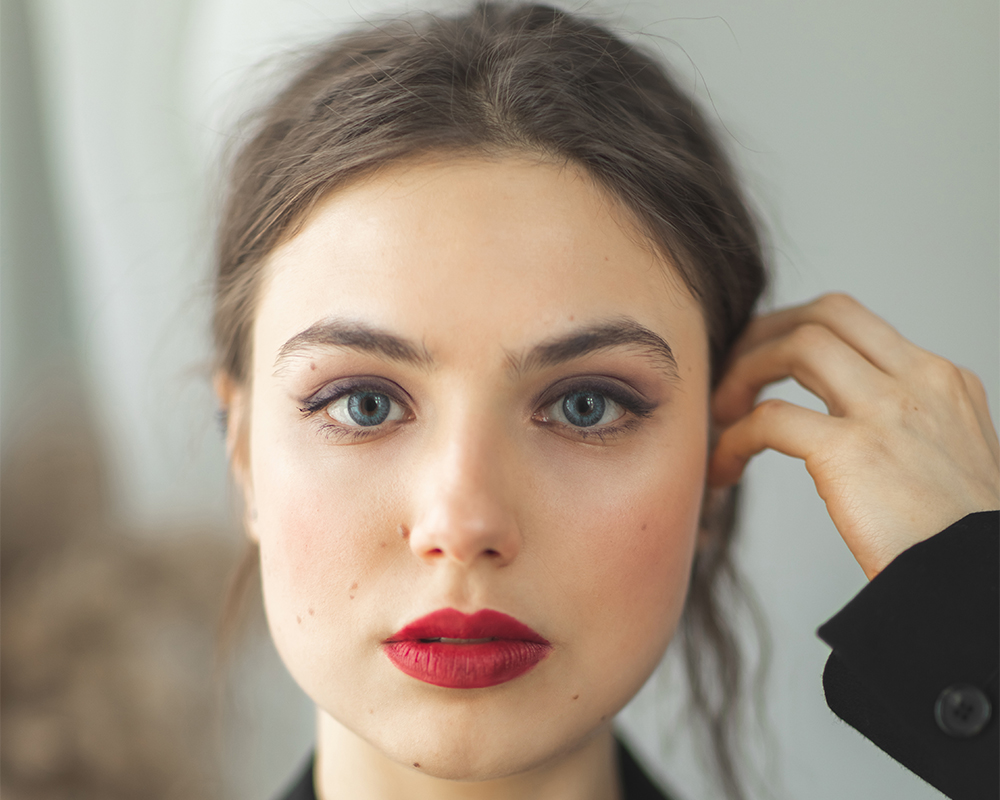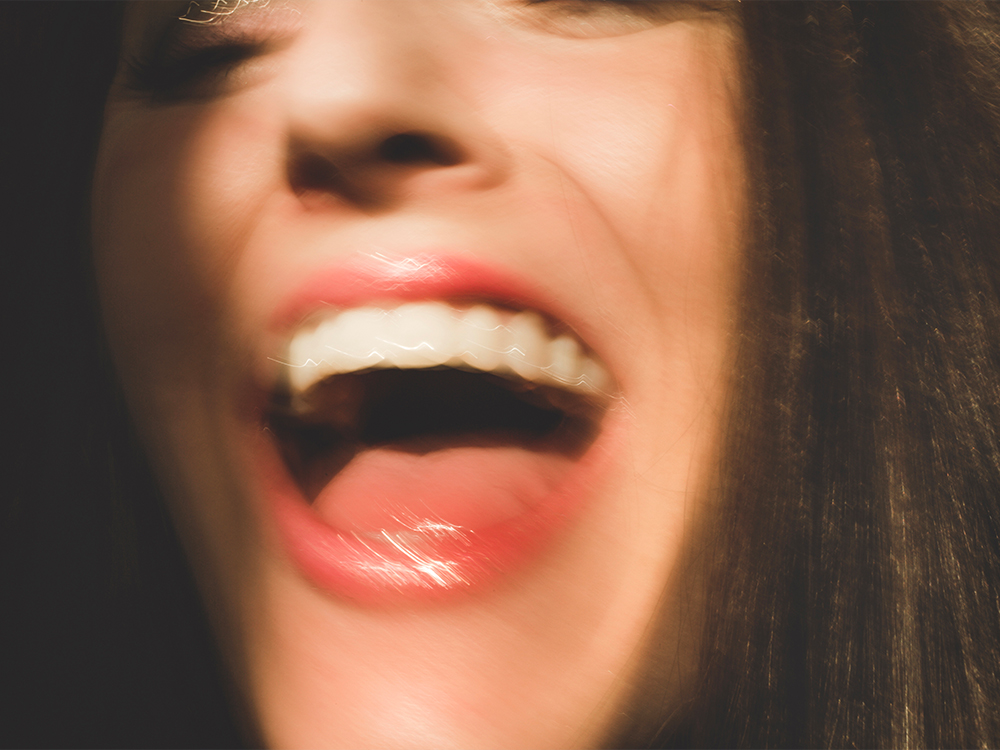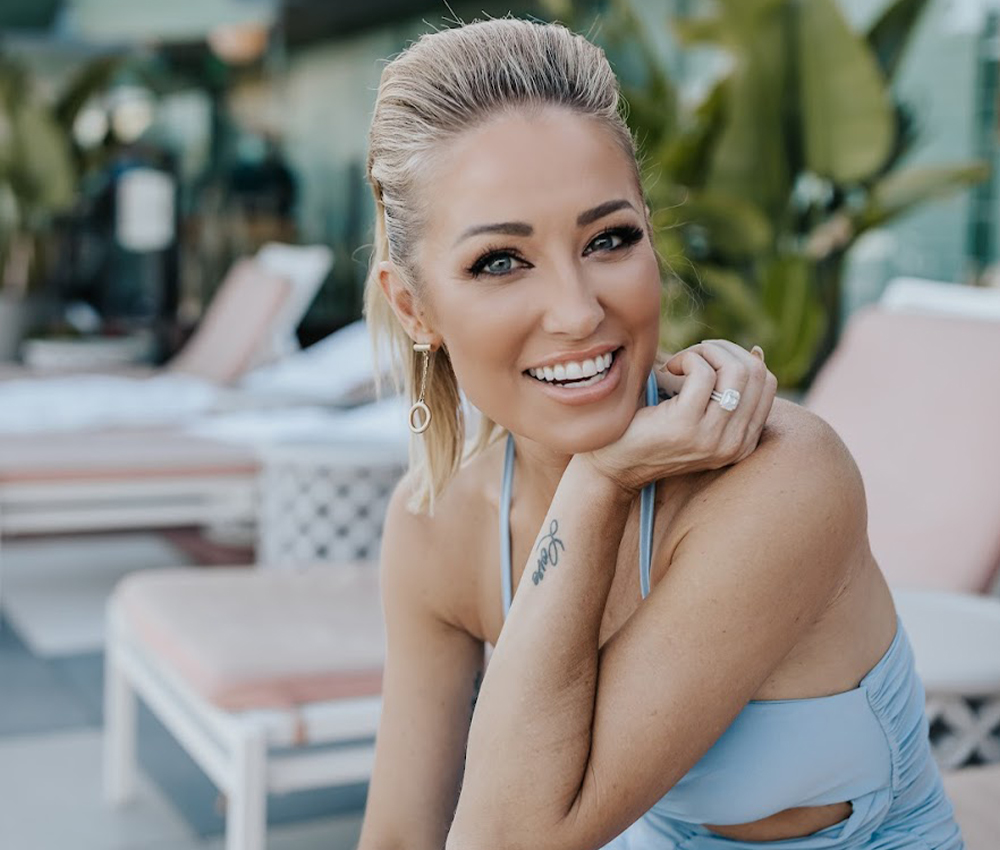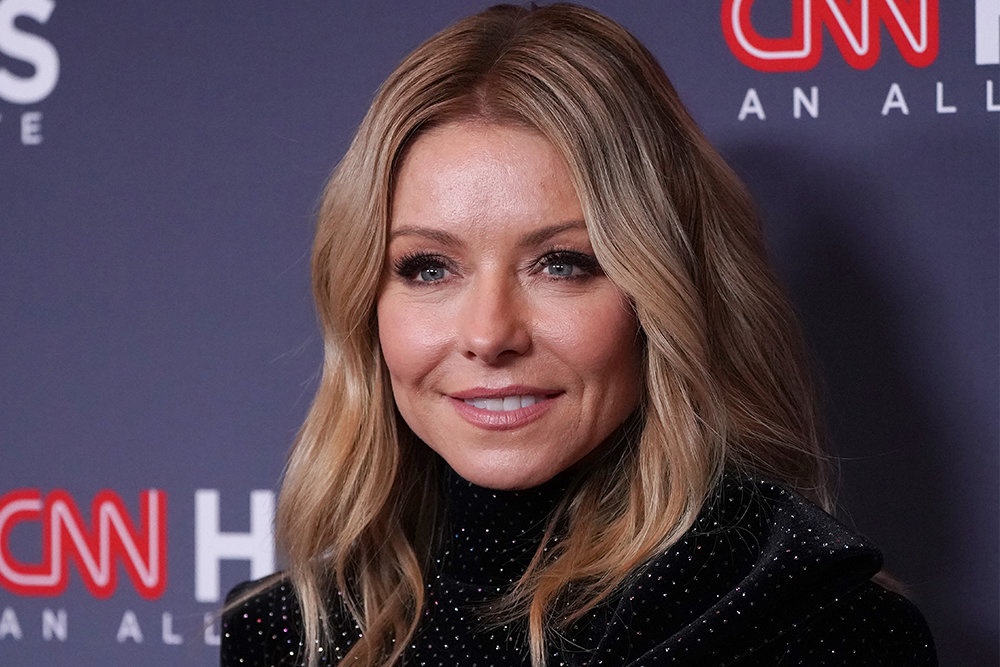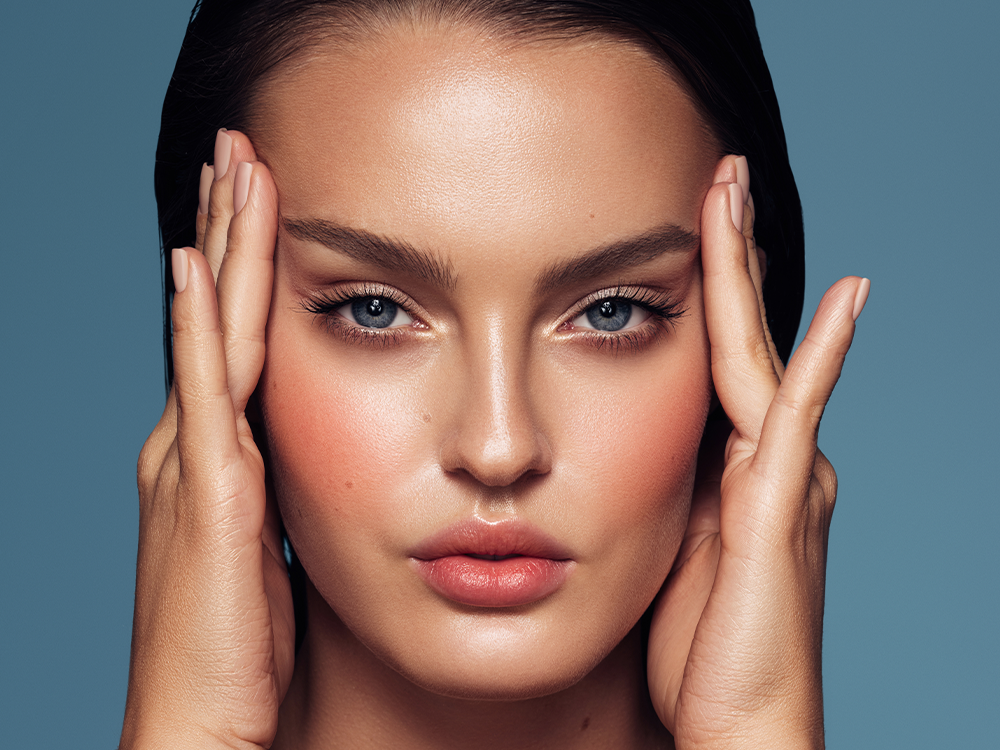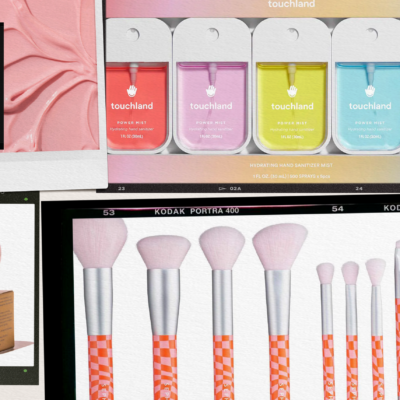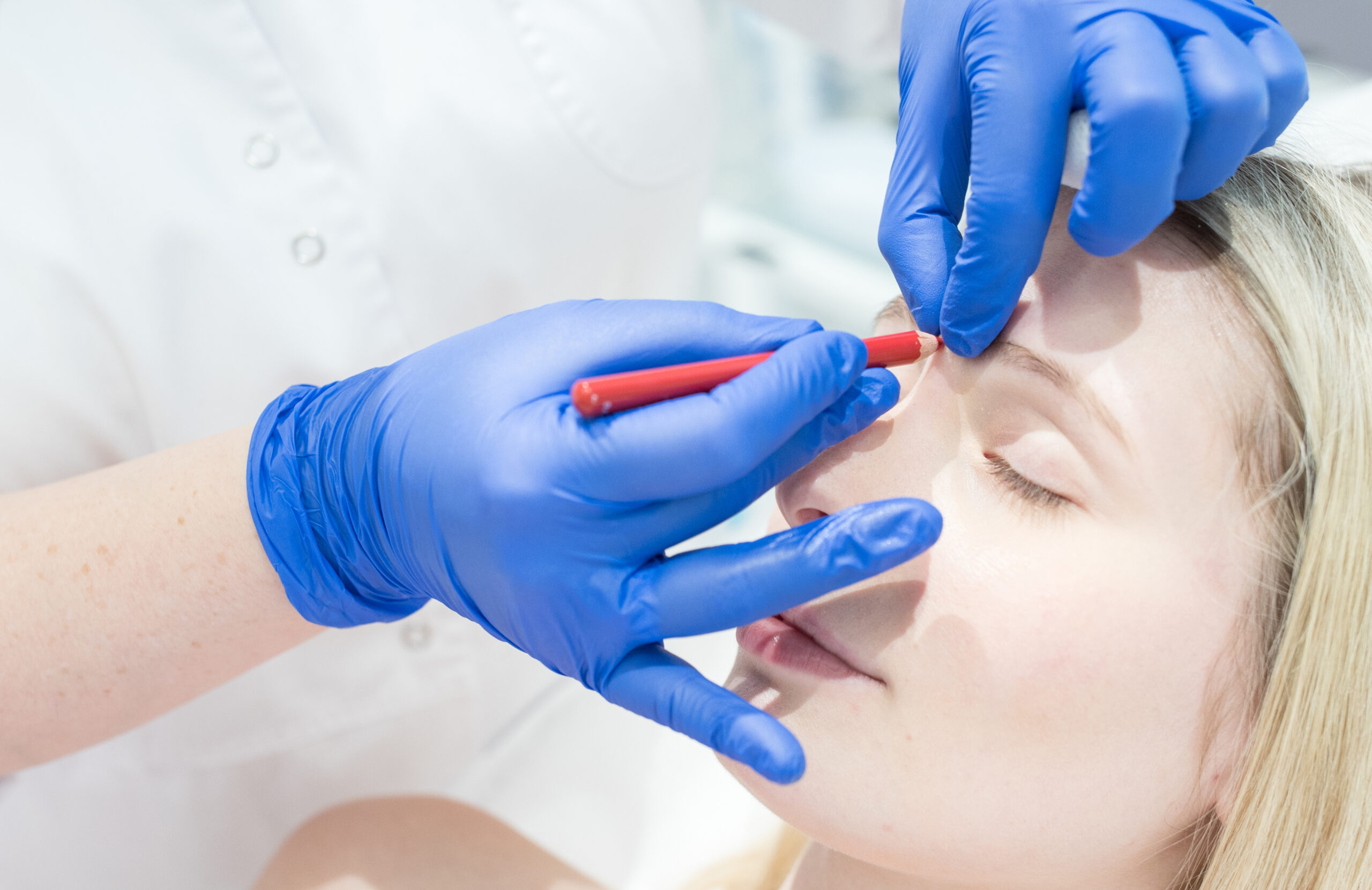According to recent news, the FDA has approved the Moderna COVID-19 vaccine. With Pfizer’s drug already in world-wide circulation and anticipation for Moderna to enter the rounds this week, there have been some whispers about whether or not the vaccines will have side effects similar to the anaphylaxis allergy situations that have occurred in some Pfizer vaccine patients last week.
According to Statnews, “Rachel Zhang, an FDA medical officer who is presenting the agency’s analysis of the Moderna data, reported that two people developed facial swelling after vaccination; both had a prior history of getting cosmetic injections of dermal fillers in their cheeks.” It was also reported that a third person had a possible post-vaccine reaction to dermal fillers in her lip area.
“One person had undergone the procedure two weeks before being vaccinated; the second had most recently had dermal fillers injected about six months before being vaccinated…A third person in the vaccine arm of the Moderna trial developed lip swelling about two days after vaccination. This person had received prior dermal filler injections in the lip,” said Zhang.
Healthcare and vaccine writer for Politico, Sarah Owermohle posted a tweet that shows the written data with caption, “This vaccine news may hit Instagram models hard: Two cases of facial swelling in Moderna vaccine volunteers who had dermal fillers injected recently.” But, this common aesthetic procedure is not just restricted to models.
While this news was extremely alarming at first, Denver, CO dermatologist Joel L. Cohen, MD calmed our nerves. Dr. Cohen lectures on fillers across the globe and is considered an international expert on filler treatments and filler complications, and has published over 260 scientific articles and three academic textbooks. “Fillers that are FDA-approved are performed in this country and worldwide every day. The ones that we use in the U.S. have proven to be safe and effective for volume restoration with very low incidences of adverse events. However, there are very rare times where people develop delayed swelling or delayed inflammatory nodules that seems to be triggered by some sort of immune system stimulation like an infection somewhere in the body or even after a vaccination.”
Explaining this type of rare delayed filler swelling, Dr. Cohen says that this can simply be a non-specific pathway and the result of the immune system “revving-up” after any type of vaccine, as there have been reports of this same phenomenon after other vaccines. He indicates that “this apparent immune stimulation has also been reported after upper respiratory infections, sinus infections and dental abscesses.” Dr. Cohen goes on to explain that it’s important for patients to know that the incidence is very low and that it may be more common with some types of fillers than others, but it is something that is certainly treatable. According to La Jolla, CA plastic surgeon Robert Singer, MD, we can only identify the filler that triggers this reaction with time.
Further describing this rarity, Dr. Singer says, “While the general population has yet to receive the vaccine, a lot of people have gotten it thus far. Outside of these three reported reactions, we have not heard of any other significant issues.” Thankfully, when an incidence like this does happen, a treatment is readily available. “Anti-histamines, steroids and sometimes antibiotics are prescribed along with the option of focal injections of different anti-inflammatory agents or an enzyme to dissolve some of the filler material,” explains Dr. Cohen.
While these post-vaccination reactions are, generally, not worth stressing over, Dr. Singer says that there are some reactions that could more concerning. “Call a doctor if you’re experiencing things like shortness of breath that may be a side effect of the vaccine.”
Finally addressing the elephant in the room, Dr. Cohen’s opinion is that the potential benefit of vaccines, like COVID vaccines, outweigh the very small risk of stirring-up a reaction to filler that has already been placed. A recent announcement from The Aesthetic Society supports his view: “Having a history of dermal fillers should not bar someone from being vaccinated. The risks from acquiring and being infected with the COVID-19 virus far outweigh the risks from a reaction to one of the vaccines if the patient has a history of using dermal fillers.”
Dr. Cohen reiterates that “this same type of reaction to filler that is already well-placed and looks great can happen from a simple sinus infection or dental infection or really any type of vaccine. In short, the risk of this type of delayed inflammatory reaction happening is extremely low, and it is something that can be evaluated and treated by your board-certified dermatologist or plastic surgeon who has the experience and literature awareness to understand this phenomenon to effectively treat it.”
As we receive additional scientific information from valid resources regarding the effect of vaccinations on dermal fillers, we will continue to make the appropriate updates to this article below.
Updated on January 7, 2021:
“There is still quite a bit of uncertainty about the two reports of facial swelling in patients that had facial fillers before the Moderna clinical trial,” says Dr. Cohen. “Apparently, one patient had filler six months prior to receiving the vaccine and the other patient had filler two weeks prior. The facial swelling occurred one to two days after the vaccine, and we don’t know a lot of the information. It seems quite plausible that this facial swelling was a manifestation of reactogenicity after the vaccine, where the immune system was temporarily “revved-up” and briefly reacted to the filler material.”
According to Dr. Cohen, “Reactogenicity occurs after vaccines are given and are indicative of the body’s early response to that vaccine kicking-up the immune system—usually lasting about two to three days. Reactogenicity from any vaccine commonly ranges from mild injection site arm pain, redness or swelling, but can also cause more general symptoms like fever, lethargy, malaise, and muscle aches. In both cases, it seems that the facial swelling apparently resolved within a couple of days. Generally, this can be treated with antihistamines or even steroids.”
He also says that this type of facial swelling has been reported in filler patients after other vaccines (like flu vaccine or shingles vaccine). “We don’t yet know specifically what exact filler products these patients had in the past. And, over the past several days, I have been told that there have been a few more similar cases of this type of post-vaccine facial swelling among filler patients since the vaccine rollout. I would still say this is very rare. And again, I still underscore that this is not serious and seems to be transient and completely treatable. It is also a possibility that some of these patients had asymptomatic COVID infections coinciding with receiving the vaccine, and the facial swelling could have been possibly related to the COVID infection itself. We have seen rare cases of facial swelling in areas of fillers after infections like sinus infections, upper respiratory infections or even dental procedures. The possible third case that apparently occurred in the Moderna vaccine trial was lip swelling in a patient who had a history of lip fillers, but there seems to be some ambiguities because the patient had previous similar lip swelling shortly after receiving the flu vaccine and this also may have actually been angioedema rather than filler reaction.”
All in all, I firmly believe that if someone who has had previous fillers has the opportunity to get the COVID vaccine, they should take it as the benefit of the vaccine is huge and the risk of a mild, short-lived, and treatable facial swelling is very low. If someone is about three weeks or more after completing the second dose of the vaccine, I believe the risk of significant or bigger reactogenicity and possible immune surge has really decreased to the point that if they are interested in getting facial fillers (to restore volume and a more youthful appearance), then they can certainly consider this treatment. They should seek a physician—such as a board-certified dermatologist, facial plastic, oculoplastic or plastic surgeon—that is well-versed in administering fillers and up-to-date in understanding potential fillers reactions and able to write prescriptions to treat these reactions.
Updated on January 15, 2021:
According to Wayne, NJ facial plastic surgeon Jeffrey B. Wise, MD, “The three patients who had a reaction the dermal fillers from the Moderna vaccine did not require any treatment to reduce the swelling.” Like Dr. Cohen and Dr. Singer, Dr. Wise says that he has seen this type of inflammation occur after other vaccines, too. “The shingles and flu vaccines sometimes cause this reaction. This also rarely happens after some other medical treatments,” he says, explaining that this it’s important to realize that this type of reaction is not a new phenomenon.
“If you look at the data for the Moderna trail, it’s .02 percent, so it’s two two hundredths of one percent of the patients who have had some facial swelling,” says Dr. Wise. “I certainly hope that that doesn’t discourage anyone who has had facial fillers from getting the COVID vaccine when it’s available to them. I also want to reassure patients that are considering fillers after receiving the vaccine, or planning to get the vaccine, that this type of facial swelling is extremely rare and treatable with over-the-counter antihistamines like Allegra, Zyrtec or others. If that doesn’t resolve things, we can usually give low-dose corticosteroid packs, the type of pack people usually get after a chest cold.”
Dr. Wise further explains that there has been some “lumping together”of Botox Cosmetic and fillers. “They’re often lumped together because they’re done within the same appointment. It’s very important to know that Botox Cosmetic is a neuromodulator—it’s a medicine essentially. There has been no relationship between the COVID vaccination and Botox Cosmetic. However, dermal fillers, which are typically hyaluronic acid fillers, are used to fill in fine lines and wrinkles, are different than Botox Cosmetic.”
Updated on December 30, 2021:
A recent article from this week’s The Wall Street Journal regarding the vaccine-and-injectable combo also has Dr. Cohen calling for major clarification (plus he says, there seems to be confusion over the fact that, although both injected cosmetic agents, fillers and neuromodulators are totally different, have different uses and different mechanisms of action). “Yes, we have seen delayed filler reactions with many types of vaccinations—not just COVID—including flu vaccines and shingles vaccines, as well as even sometimes sinus infections and dental cleanings, within a few weeks of filler placement. But this is rare, treatable and often is even self-limited for a few days,” he stresses. “But again, these rare delayed filler reactions are with a filler gel that sticks around as a gel implant to provide volume underneath the skin in areas of hollowing or lines, and not with neuromodulators (such as Dysport, Botox, Xeomin, or Jeuveau), which are liquids injected into muscle and affect the neuromuscular junction to minimize contraction of that muscle that would otherwise pull on the overlying skin. Botox and fillers are totally different, and the author got it wrong with a misleading headline that is already causing great confusion, countless office calls, a tremendous amount of anxiety, and, obviously, canceled appointments based on this misinformation.”
